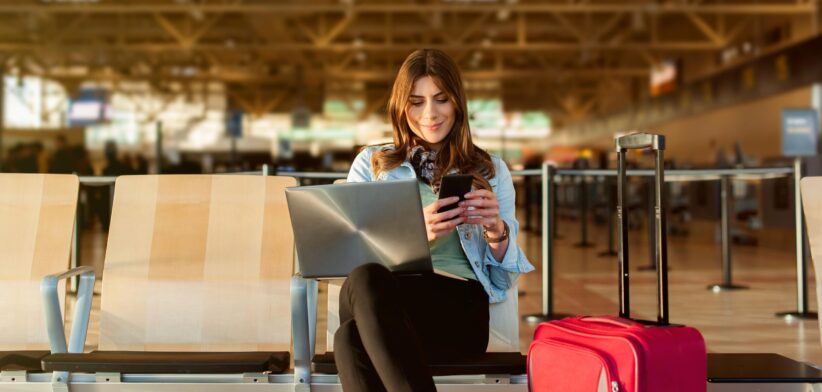A police operation in Western Australia has highlighted the risks of accessing free public WiFi.
The Australian Federal Police (AFP) has charged a West Australian man after he allegedly established fake free WiFi access points, which mimicked legitimate networks, to capture personal data.
AFP Western Command Cybercrime Detective Inspector Andrea Coleman said analysis of data and devices seized from the man had found dozens of personal credentials belonging to other people as well as fraudulent WiFi pages.
Detective Inspector Coleman said police would allege the man used a portable wireless access device to create ‘evil twin’ free WiFi networks, which he used at multiple locations to lure unsuspecting users into believing they were legitimate services.
“The AFP alleges that when people tried to connect their devices to the free WiFi networks, they were taken to a fake webpage requiring them to sign in using their email or social media logins. Those details were then allegedly saved to the man’s devices.”
She said the email and password details harvested could be used to access more personal information, including a victim’s online communications, stored images and videos or bank details.
Detective Inspector Coleman said AFP cybercrime investigators had identified data relating to the use of the fraudulent WiFi pages at airports in Perth, Melbourne and Adelaide and on domestic flights.
She said the case was a timely warning to be cautious about logging on to any public WiFi networks.
“To connect to a free WiFi network, you shouldn’t have to enter any personal details– such as logging in through an email or social media account.
“If you do want to use public WiFi hotspots, install a reputable virtual private network (VPN) on your devices to encrypt and secure your data when using the internet.
Detective Inspector Coleman said when using a public network, disable file sharing and don’t do anything sensitive, such as banking, while connected.
“ And once you finish using it, change your device settings to ‘forget network’.
“We also recommend turning off the WiFi on your phone or other electronic devices before going out in public, to prevent your device from automatically connecting to a hotspot.”
Learn more about about connecting to public WiFi and hotspots.








